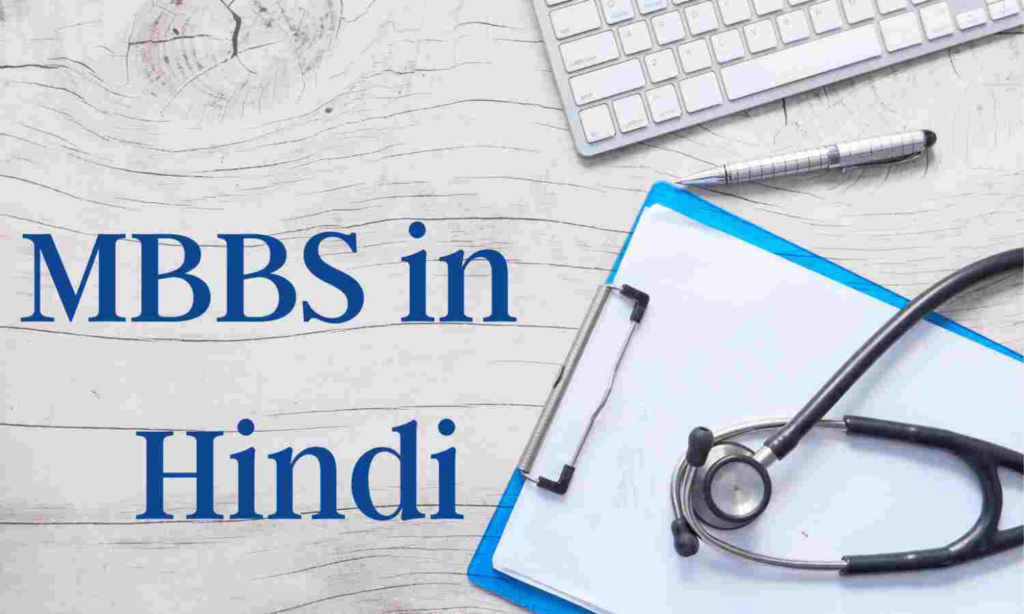According to physicians, the Madhya Pradesh government’s initiative to provide medical education in Hindi may initially benefit rural students, but it could severely limit their opportunities for growth and knowledge. In October, Union Home Minister Amit Shah unveiled Hindi textbooks for three subjects in the MBBS course, marking a pioneering effort by the Madhya Pradesh government to deliver medical education in Hindi, a first in the country.
Shah also mentioned ongoing efforts to introduce technical and medical education in eight other languages across the nation. He emphasized that students nationwide should overcome linguistic inferiority complexes and demonstrate their abilities in their native language.

However, Dr. J A Jayalal, the former national president of the Indian Medical Association, expressed concerns that the move might hinder rather than enhance students’ growth. He emphasized that modern medicine is universal and not confined to India, and training in a regional language could impede students from studying and updating their knowledge and skills globally.
Jayalal argued that medical education goes beyond textbooks, requiring regular reading of international research papers, journals, and articles, typically written in English. While acknowledging the provision of basic understanding in a regional language for local community-level practice, he underscored the limitations for those aiming to connect with the global medical community and update their skills.

Madhya Pradesh’s initiative has prompted Uttarakhand to announce similar measures for the upcoming academic sessions. The state’s Medical Education Minister, Dhan Singh Rawat, mentioned the formation of a committee to draft a new syllabus for colleges based on the MBBS Hindi syllabus in Madhya Pradesh government colleges.
Meanwhile, Tamil Nadu’s Minister for Higher Education, K Ponmudy, disclosed plans to introduce MBBS courses in Tamil, forming a committee for this purpose. However, Karan Juneja, an MBBS doctor and national secretary of IMA-Junior Doctors Network, advocated for improving infrastructure and school education instead of offering medical education in regional languages.

Juneja argued that students from rural areas can adapt to English, and education in Hindi or other languages may hinder their growth. On the contrary, Jaswant Jangra, president of Resident Doctors’ Association at AIIMS, New Delhi, highlighted potential benefits such as encouraging regional students to pursue and complete their education, especially if they feel more confident and comfortable in their native language. Jangra also noted the potential improvement in doctor-patient communication when using a common language, acknowledging the drawbacks but suggesting it could be optional for those not pursuing research or planning to stay within familiar environments.


